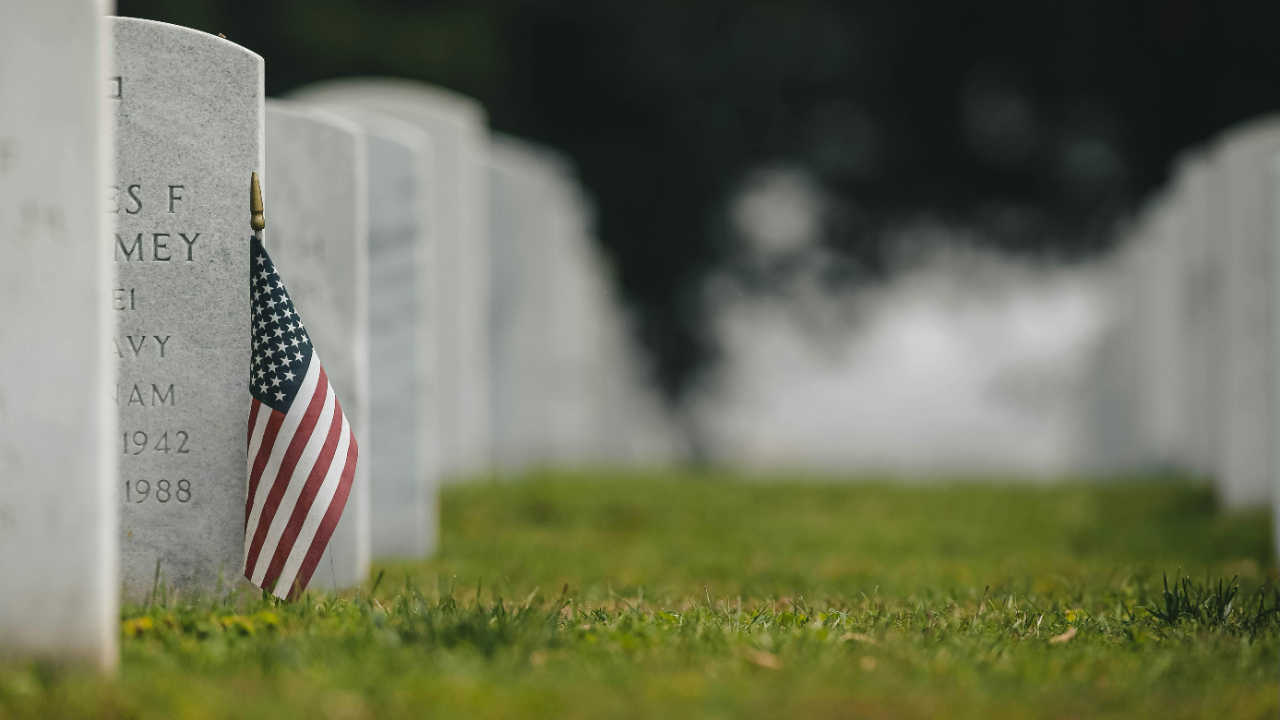Passing on More Than Memories: How VA Benefits Can Support Your Loved Ones

When a veteran passes away, they leave behind more than memories of service and sacrifice—they leave a legacy. One of the most meaningful ways to honor that legacy is by ensuring their loved ones receive the support and benefits they’ve earned. The U.S. Department of Veterans Affairs (VA) offers several programs designed to help surviving spouses, children, and dependents achieve financial stability and access essential services during a difficult time.
Financial Support for Families
The most recognized form of support is the Dependency and Indemnity Compensation (DIC). This tax-free monthly payment is available to surviving spouses, children, or parents of service members who died in the line of duty or from a service-related condition. It can help offset the loss of income and provide ongoing financial security for families adjusting to life after loss.
Additionally, surviving family members may be eligible for Survivors Pension, a needs-based benefit for low-income, unremarried spouses and dependent children of wartime veterans. This benefit ensures that those who stood behind their loved ones in service aren’t left struggling financially afterward.
Education and Career Opportunities

VA benefits don’t stop at financial assistance—they also open doors to education. Through the Fry Scholarship and Survivors’ and Dependents’ Educational Assistance (DEA) Program, eligible family members can receive funding for college, vocational training, or professional certification programs.
These opportunities empower surviving spouses and children to pursue their dreams, build careers, and establish independence. It’s a powerful way to turn loss into growth while honoring the veteran’s commitment to a better future.
Home Loans and Housing Assistance
The VA Home Loan program can also extend to surviving spouses, offering benefits like no down payment, lower interest rates, and easier qualification requirements. For many families, this makes homeownership more achievable.
Surviving spouses of veterans who died in service or from service-related disabilities may also qualify for VA-backed home loans to refinance or adapt a home for accessibility. These programs ensure that families can maintain a safe, stable living environment—something every veteran would want for their loved ones.
Health Care and Counseling

The VA provides access to health care benefits for eligible surviving spouses and dependents through the Civilian Health and Medical Program of the Department of Veterans Affairs (CHAMPVA). This helps cover medical costs for those who don’t qualify for TRICARE, offering peace of mind in times when health coverage is critical.
Grief and emotional challenges are also addressed through VA’s bereavement and counseling services, which connect families with professional mental health support during and after the grieving process.
Final Thoughts
Veterans give so much in service to their country, and their dedication should continue to protect and support their families long after they’re gone. VA benefits help make that possible—offering financial relief, education, healthcare, and stability when it’s needed most.
By understanding and accessing these programs, families can ensure that a veteran’s legacy is more than a memory—it’s a lasting foundation of care, opportunity, and love.
For legal help in California and your other needs, contact BERYS LAW on this page. We also offer courses on real estate investing, landlording, and templates right here!
Stay connected with news and updates!
Join our mailing list to receive the latest news and updates from our team.
Don't worry, your information will not be shared.